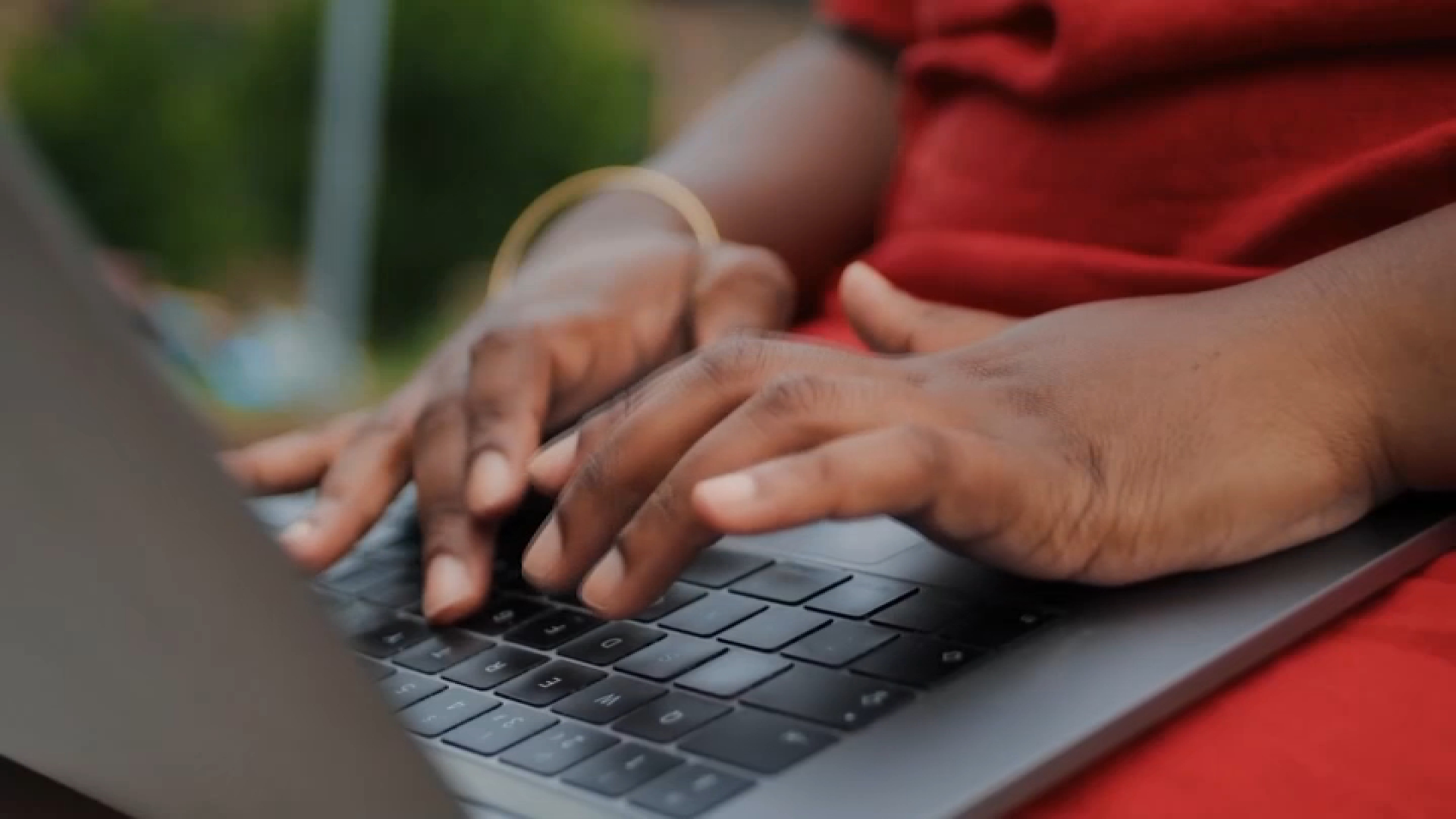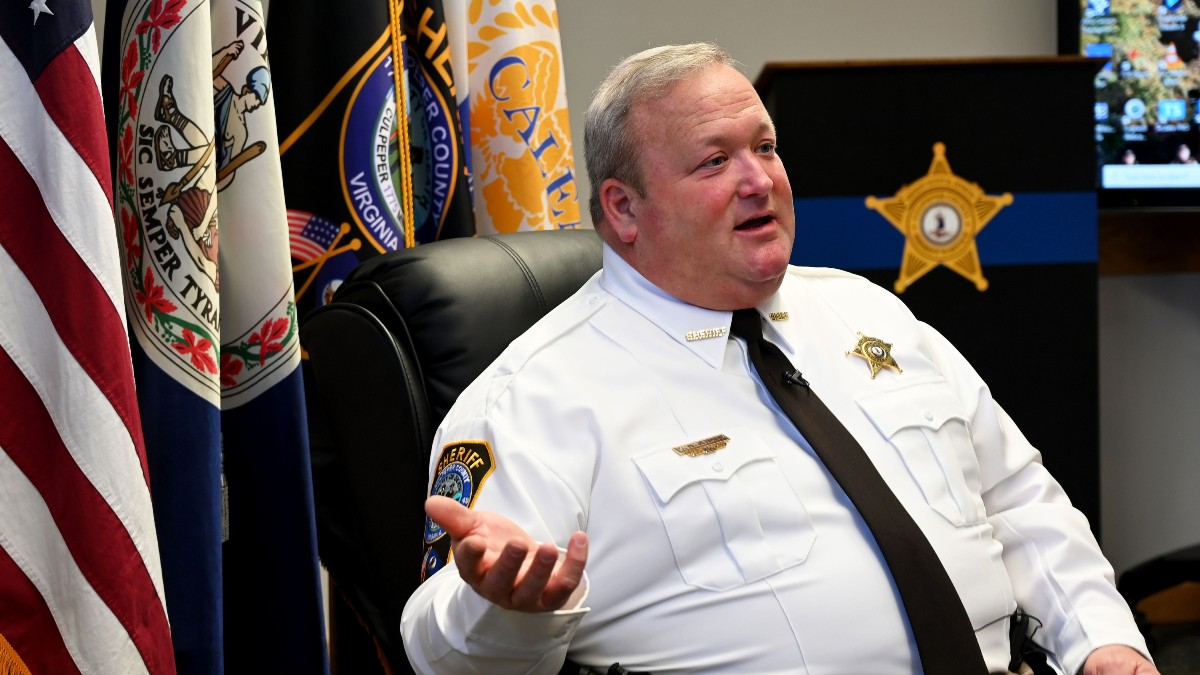From smart thermometers tracking fever spikes to apps shadowing people’s footsteps, the coronavirus has brought to the forefront the delicate balance between technology and privacy protections.
Unacast, a data-mining tech company burst onto the pandemic scene with the social distancing scoreboard. Using GPS location information from cellphones, they track change in distance traveled.
"We are a human data company, so we understand how people move around on this planet," Thomas Walle said.
The data is anonymous.
"Our goal is to save lives,” Walle said. “We have. We want to create awareness around this. If we can make sure that people do social distancing, hopefully less people will be affected."
Each state has been given a letter grade based on how well people are following stay-at-home orders in real time.
“For me personally, I've actually been enjoying the me-time," Maryland high school senior Drew Rushline said.
Investigations
Investigations by the News4 I-Team
He thinks social distancing is easier for his generation.
“These days, it's a little bit easier because we've got social media and technology at our fingertips,” he said. “It's a lot easier to be in touch with people."
But not necessarily for everyone. Unacast gave Maryland a grade of C as of April 3. Virginia came in with a C-minus. D.C. had the highest grade — an A-minus.
Some experts, like Nick Percoco, say these new high-tech apps are raising some privacy concerns. He’s the founder of Thotcon, an annual hacking conference.
"New trails are being blazed with this technology, but there are privacy implications if people aren't aware of what they're opting into," he said.
He said the best way to protect privacy is to turn off location services on apps whenever possible.
Other app developers hope to track coronavirus hot spots, including Private Kit: Safe Paths, an app still being developed by the Massachusetts Institute of Technology.
"Part of the process of dealing with this virus, this pandemic, is when somebody gets sick, you have to find out who else they might have infected," MIT professor Alex Pentland said.
The app logs a person's location every five minutes and creates a digital memory of places visited. That data could be helpful in tracing contacts of a person who tested positive for coronavirus. It could also alert other app users to avoid places that have large concentrations of the virus.
Unlike authoritative countries like China and Singapore, where government officials freely use mobile location data to track the spread of the virus, the data on MIT's app is not uploaded unless shared by the user.
"The simple way to do it does not respect privacy,” Pentland said. “That's the sort of approach that was taken in China and Singapore, but we don't want to do that.”



